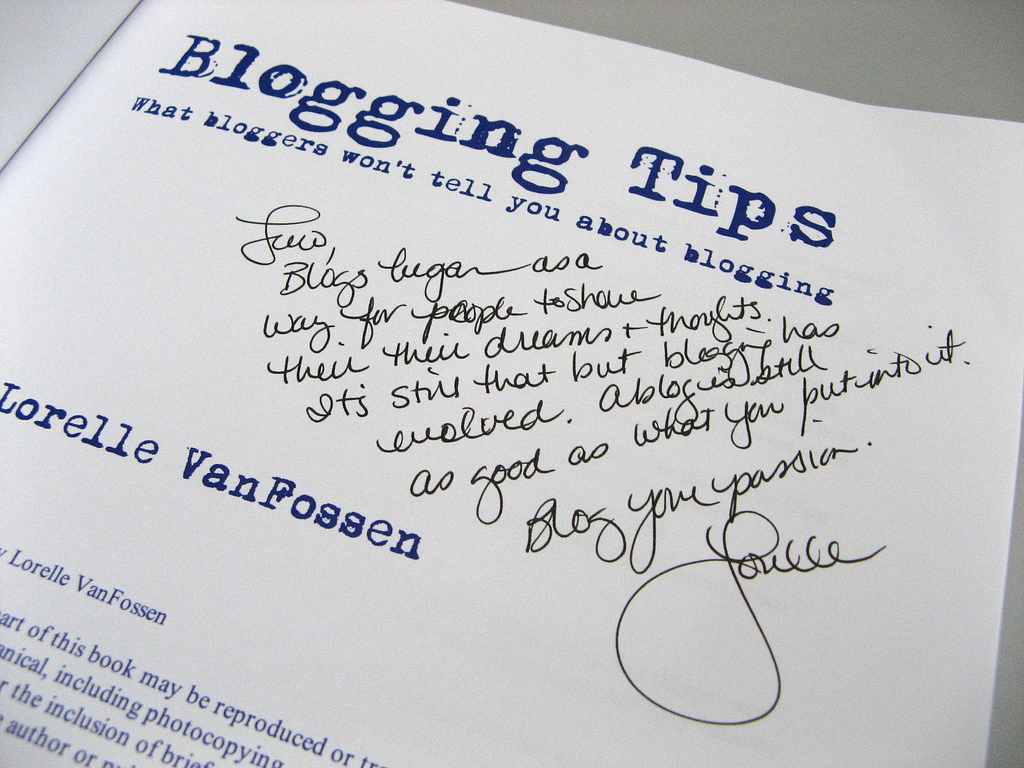Blogging Tips: Before, During, and After
March 19, 2015



 Blogging Guide
Blogging Guide

In the course of planning for coverage of a special event, it’s important to consider that you should cover all of your time bases – namely, before, during, and after. It’s really easy to focus on one of these and ultimately lose out on a more complete set of promotional and coverage opportunities. By starting your blogging planning with an emphasis on balance between these three categories, you’ll give yourself a much better chance to have the kind of coverage that’s complete, entertaining, educational, and relevant to your audience.
Before
A lot of the blogging that you will do before a special event will be along the lines of promotion and education. Some of the basics that you have to write about include the location of the special event, why it’s occurring in the first place, why readers should care, who is going to be there, if there’s any information people should know about before they go, etc. In addition, before-type information can include things like dress codes, information about what type of food or entertainment will be there, or if people should prep themselves in any way before heading out.
During
During an event, there can also be some blogging being done. Twitter is probably your best social medium for real-time action, as that’s one of the best interfaces for immediacy, and also, people who follow your Twitter account are going to be looking for on-the-spot updates.
There are countless examples of bloggers doing fantastic jobs covering festivals and concerts, where followers can find out, almost to the second, what bands are playing or what songs are being played. In non-musical events, Twitter can still update people as to who might be talking, or any other kind of major update that’s happening at that exact moment.
After
It’s particularly easy to stop blogging about an event after it’s complete, especially when all of the attention has died down about an occurrence. However, this is when you can get some good time to really break down the event and write something meaningful about it. There are people to interview, bits of video and collections of snapshots to collect and order in some type of multimedia presentation format. There are questions to ask, future arrangements to think about, and discussions about success or failure.
Don’t sell yourself short when it comes to writing about events afterwards, as this is one way you can differentiate your type of coverage. This is where you get a chance to be insightful, and that is where many bloggers eventually fall down on the job, or don’t have any interest in the first place.


Leave a Comment
You must be logged in to post a comment.
Specify Facebook App ID and Secret in the Super Socializer > Social Login section in the admin panel for Facebook Login to work
Specify Google Client ID and Secret in the Super Socializer > Social Login section in the admin panel for Google and Youtube Login to work